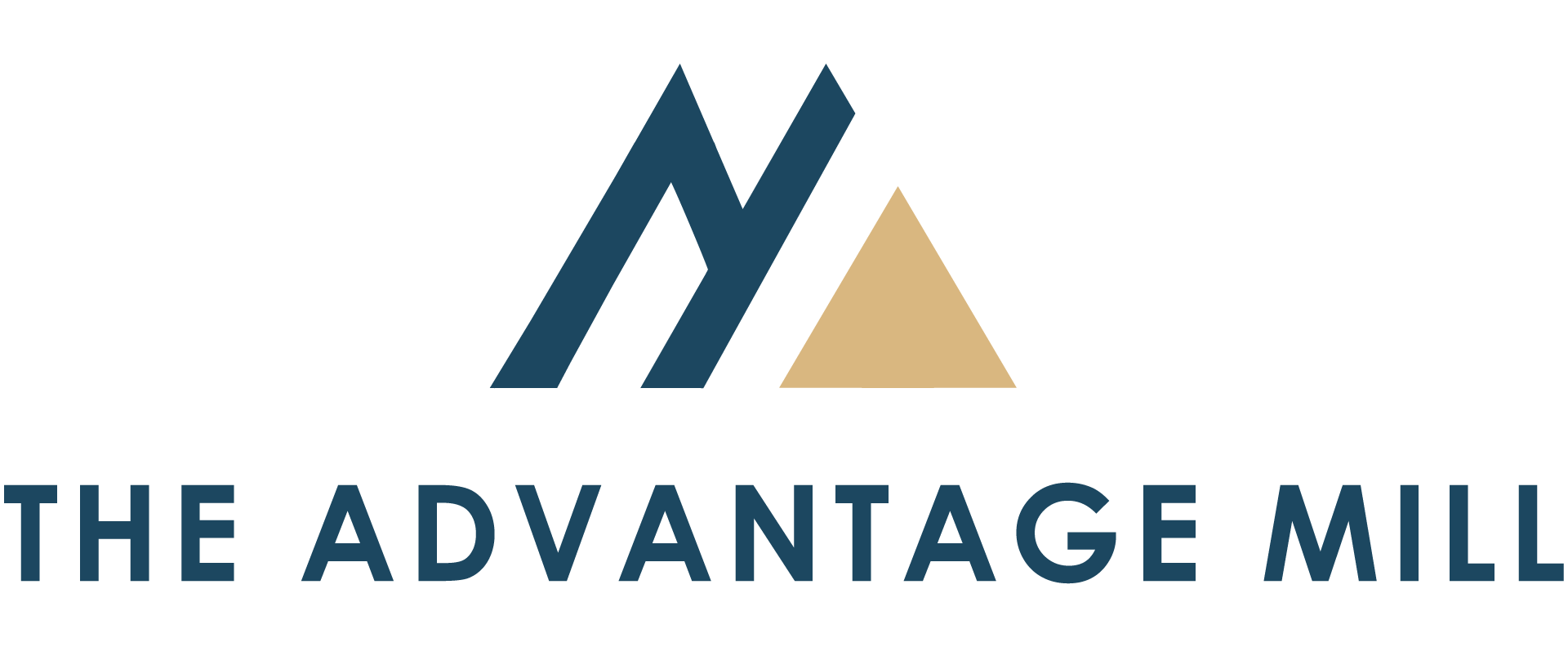Part 3 of 6
By Al Mills
Fear of Conflict
Key Symptom: Artificial Harmony
Moving up the scale on Lencioni’s Five Dysfunctions, from the foundational Absence of Trust we move on to Fear of Conflict. It seems a bit counter-intuitive but until we trust each other, it’s not possible to have constructive conflict. Without conflict, we just don’t seem to get much done.
Lencioni points out in his book that meetings can be like movies, all the good ones have conflict, otherwise they are boring.
We have a misconception when it comes to conflict; we think that conflict is borne out of a need to get our own way, but in reality, conflict provides a vehicle through which we can be heard. This is the passageway to developing team members that feel valued, respected, and heard. The key to that passageway is trust.
In short, no trust equals no real conflict, which means real expression doesn’t happen. People that hold back their passionately held thoughts and opinions feel stifled. The team doesn’t hear the best everyone has to offer, and when we miss the best from people, the team and the organization can’t be the best it can be.
Fear of conflict keeps our best inside and when there is no trust it’s pretty legitimate to stay guarded in what one says and how we handle our circumstances. Unhealthy conflict shows up when we are worried about personal attacks, reminders of past failures, lashing out from insecurities, and other responses that are not relevant to the subject at hand.
The airline industry has struggled with this very issue for many years. There is a command structure on any commercial aircraft. The captain is in charge and the final authority. Yet, if the first officer perceives an error in judgement or technical execution on the part of the captain, he should and must speak up. Unfortunately, there has been at least one tragedy in which the first officer’s fear of conflict led to catastrophe. Rest assured, the airline industry has worked hard at conquering this cultural and structural issue, and you can feel safe flying!
Do you feel like you can passionately defend the merits of a marketing plan or sales campaign without worry that during the course of heated debate that it will turn personal and destructive? And if you wanted to develop the kind of rapport that could use constructive conflict for the positive, how would you go about starting that process?
As you read these paragraphs, do you have a team member in mind? Are you seeing that person in your mind’s eye right now? How do you think you could broach the subject and would it likely be successful? The answer is actually quite simple, it’s not one individual that needs to learn how to debate in healthy ways, it’s the whole team. Everybody must be in or it’s going to be incomplete and fear of conflict will be just as present as always. Grab a copy of Lencioni’s book, he includes exercises that provide for building trust and engaging healthy conflict. Now that you understand the first two dysfunctions, it’s time to look at the third.
To get complete expansion on this make sure you read Lencioni’s book The Five Dysfunctions of a Team.
Stay tuned for the next Dysfunction from Lencioni
